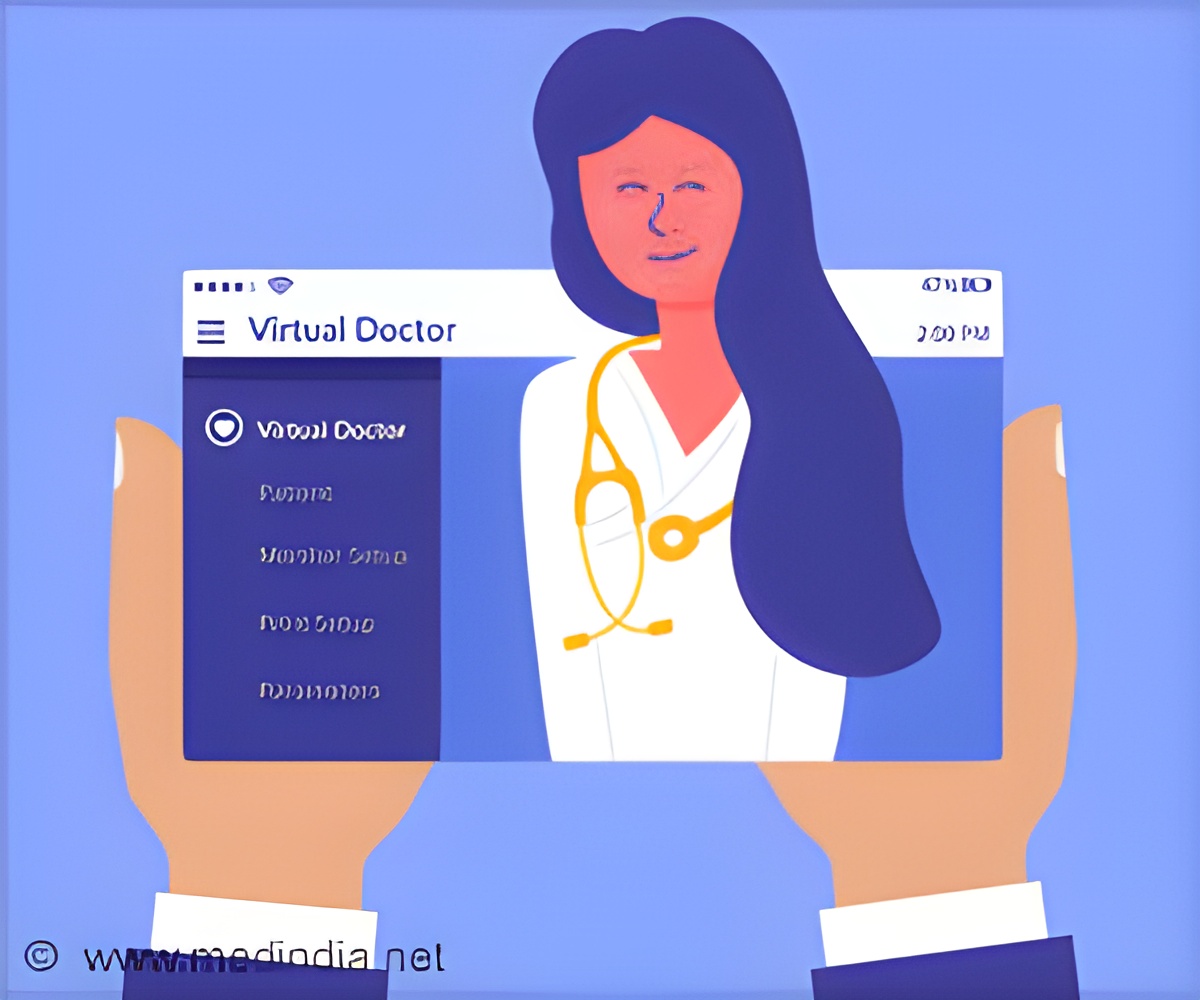The eConsult (Champlain BASE) electronic consultation platform was developed to provide a secure method for PCPs to ask a specialist patient-specific questions supported by relevant clinical information.

‘EConsults provide easy access to expert opinions, promoting collaboration between primary care providers and radiologists that ultimately improves patient care--including avoiding unnecessary imaging.’
Read More..




Of the 20,678 eConsults completed through the service to all participating specialists from September 2012 to January 2017, 307 (1.48%) were sent to radiologists--classified by subspecialty (neuroradiology, thoracic, abdominal, musculoskeletal, or pediatric radiology), question type (workup, surveillance, education, specialist referral query, discharge, or other), anatomy, and pathology.Read More..
To evaluate timeliness, value, and impact on patient care, Walker and team had PCPs complete feedback surveys after each consultation.
The Canadian researchers excluded five eConsults from their analysis due to insufficient clinical information, so of the 302 total consultations they reviewed, the subspecialties broke down accordingly:
With regard to anatomic subclassification, eConsults most often pertained to the brain (47/302 [16%]), lungs (30/302 [10%]), spine (29/302 [10%]), and liver (27/302 [9%]).
Advertisement
The majority of consultations pertained to patient workup (112/302 [37%]), surveillance of imaging findings (95/302 [31%]), and provider education (48/302 [16%]).
Advertisement
"It may be helpful for radiologists to alter their reporting style to include clear follow-up guidelines for incidental findings," Walker et al. concluded, adding that PCPs may also benefit from continuing medical education on cystic lesion imaging, as well as imaging's role in the workup of patient pain.
Source-Eurekalert







